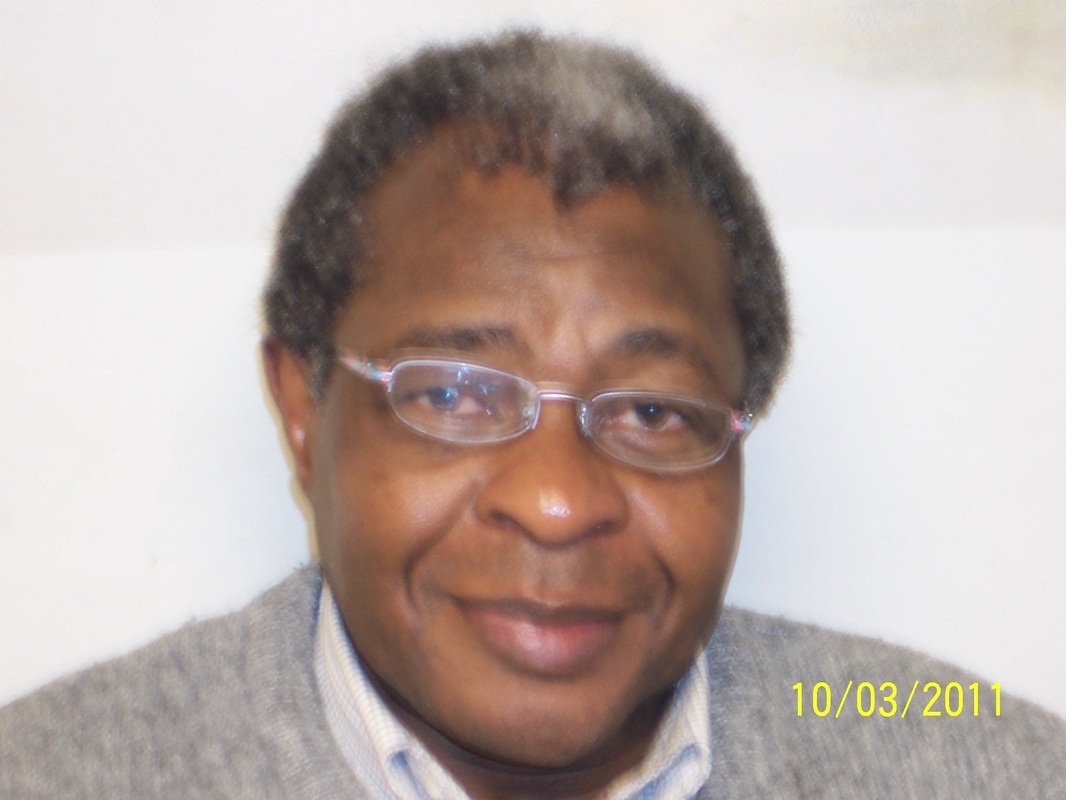The following statements from the scripture readings for the Thirteenth Sunday after Pentecost, provide important reference points or compass for meditation. Even before the scriptures, the Collect affirms Jesus Christ as "an example of godly life" and goes on to ask for "grace to receive thankfully the fruits of his redeeming work, and to follow daily in the blessed steps of his most holy life".
This is from the First Reading (Jeremiah 23:23-29): "Am I a God near by, says the Lord, and not a God far off?...Do I not fill heaven and earth?" The Epistle Reading (Hebrews 11:29-12:2) reminds us that "we are surrounded by so great a cloud of witnesses". Then, Jesus, in the Gospel Reading (Luke 12:49-46) puts forward this challenge: "You know how to interpret the appearance of earth and sky, but why do you not know how to interpret the present time?"
That, indeed, is our challenge today: Given what we have seen and experienced, all the knowledge available to us and every kind of invention and discoveries made, do we see God at all as the source? In Jeremiah's time, there were false prophets who – intentionally perhaps – proclaimed falsity with regard to what was happening in their world.
So, what is going on in our world, really? (See, How are you;Really)
Today we know more about ourselves and our environment than ever before. We are discovering more and more about the universe: we have a rover on Mars, telescopes and satellites in space, all revealing new information everyday – literally, everyday – about our world. We know when hurricanes will strike, we have the technology to forecast most weather conditions and the consequences.
Is any of this outside the realm of the Almighty God? "Do I not fill heaven and earth, declares the Lord" (Jer.23:24). The writer of the epistle to the Hebrews shows God's mighty works throughout history.
This heading of this Sunday's Psalm 82, in Latin, is Deus stetit. This verb is perfect, indicative, active, meaning he/she stood or has stood; stayed or has stayed; remained or has remained. From the Hebrew, there are various English translations, including, God presides, takes his place, has taken his place – present perfect, or simple present.
It is not uncommon that we ask, "where is God" when facing natural disasters or when an individual commits an unthinkable atrocity like the massacre of children or when the innocent endure extreme suffering as some are today, in Egypt, Syria and around the world, or when someone is diagnosed with cancer. Within that question is the desire to know and to be reassured of God's presence.
How about those times of success and achievement; those times of discovery and innovation! Indeed, in our own time of advancement in medicine economics, technology and science, do we acknowledge God's involvement in it?
This is from the First Reading (Jeremiah 23:23-29): "Am I a God near by, says the Lord, and not a God far off?...Do I not fill heaven and earth?" The Epistle Reading (Hebrews 11:29-12:2) reminds us that "we are surrounded by so great a cloud of witnesses". Then, Jesus, in the Gospel Reading (Luke 12:49-46) puts forward this challenge: "You know how to interpret the appearance of earth and sky, but why do you not know how to interpret the present time?"
That, indeed, is our challenge today: Given what we have seen and experienced, all the knowledge available to us and every kind of invention and discoveries made, do we see God at all as the source? In Jeremiah's time, there were false prophets who – intentionally perhaps – proclaimed falsity with regard to what was happening in their world.
So, what is going on in our world, really? (See, How are you;Really)
Today we know more about ourselves and our environment than ever before. We are discovering more and more about the universe: we have a rover on Mars, telescopes and satellites in space, all revealing new information everyday – literally, everyday – about our world. We know when hurricanes will strike, we have the technology to forecast most weather conditions and the consequences.
Is any of this outside the realm of the Almighty God? "Do I not fill heaven and earth, declares the Lord" (Jer.23:24). The writer of the epistle to the Hebrews shows God's mighty works throughout history.
This heading of this Sunday's Psalm 82, in Latin, is Deus stetit. This verb is perfect, indicative, active, meaning he/she stood or has stood; stayed or has stayed; remained or has remained. From the Hebrew, there are various English translations, including, God presides, takes his place, has taken his place – present perfect, or simple present.
It is not uncommon that we ask, "where is God" when facing natural disasters or when an individual commits an unthinkable atrocity like the massacre of children or when the innocent endure extreme suffering as some are today, in Egypt, Syria and around the world, or when someone is diagnosed with cancer. Within that question is the desire to know and to be reassured of God's presence.
How about those times of success and achievement; those times of discovery and innovation! Indeed, in our own time of advancement in medicine economics, technology and science, do we acknowledge God's involvement in it?



 RSS Feed
RSS Feed